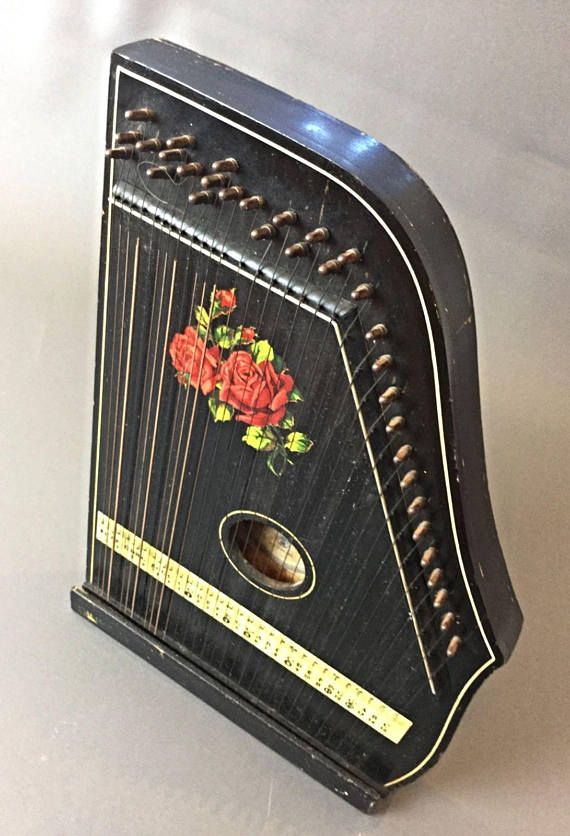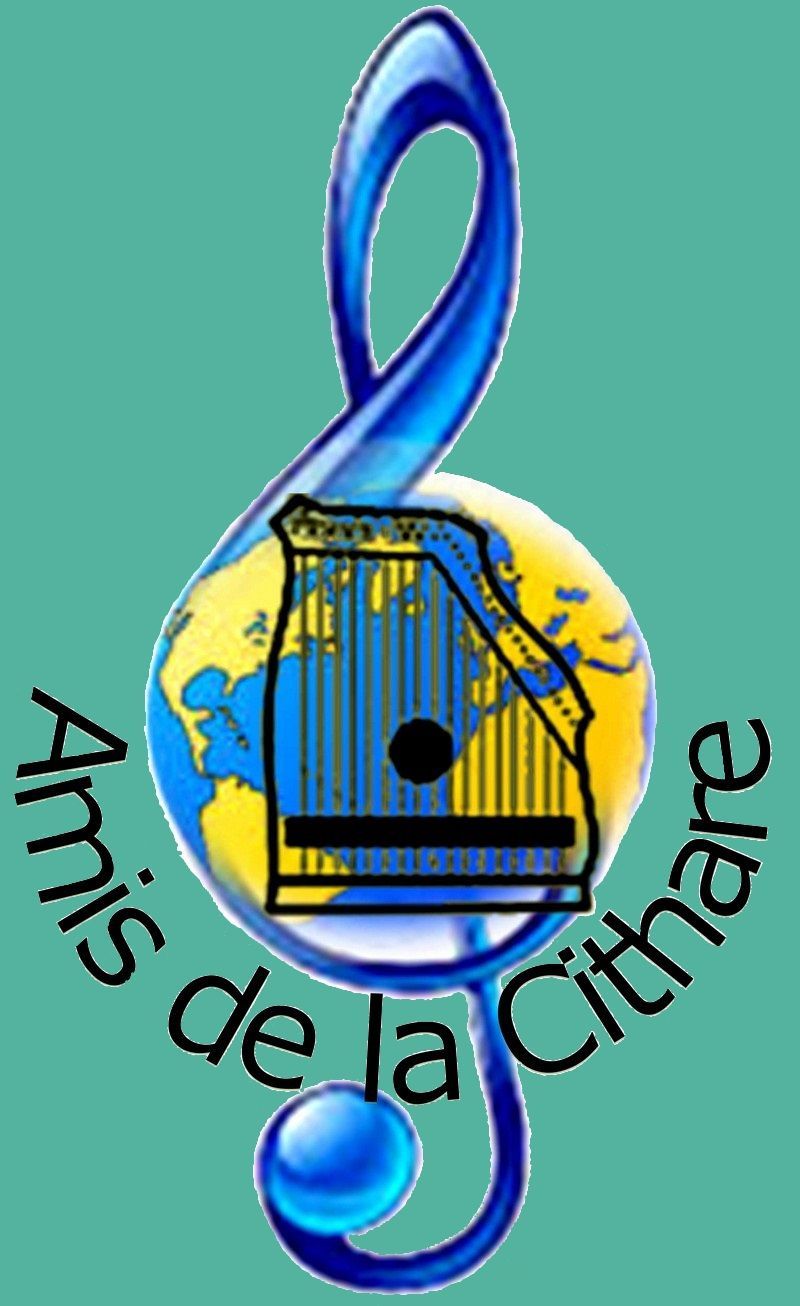Updated 03/20/2024
...Chorded zither
In the age of the Internet, it is easy to find all kinds of descriptions, explanations, and photos on this little-known instrument, the zither.
We will content ourselves here with the tuning zither, which has, as its name suggests, ready-made chords, unlike the guitar where it is the guitarist's fingers which create the chords as the piece is played.
We will content ourselves here with the tuning zither, which has, as its name suggests, ready-made chords, unlike the guitar where it is the guitarist's fingers which create the chords as the piece is played.
In this sense, the zither presents an ease, but thereby a lesser choice of possibilities.
Unless you modify one or more chords with the tuning key before playing a piece, during the game, this is no longer possible (except by switching from major to minor from time to time).
But if there is a certain limitation in the possibilities, the sound is incomparably more beautiful and softer.
The chords are located on the left part of the instrument, while the right part supports the chromatic part (all notes from semitone to semitone). The instrument is therefore designed for a melodic part accompanied by chords.


It is worth going back to the sources with the Bible where this instrument is already mentioned in the first pages of Genesis: Yubal is in fact the father of those “ who play the zither and the flute
» (Gen 4:21). We also know that it was by playing the zither that David calmed King Saul's crises (1 Sm 16:23). This mention might make us smile if today many of us had not had this experience, either personally, or with suffering people (dying, sick, elderly people in anguish, etc.).
The sound of the zither, it is undeniable, soothes inner tensions better than any other instrument.
Yedoutoune him, “
prophesied to the sound of the zither
» (1 Ch, 25, 3). It is equally undeniable that
this instrument opens to transcendence
.
It accompanies joy, but also tears, as it is written in the book of Job: “
My zither serves for my complaint and the flute for the voice of mourners
. »
It's true.
L
The zither accompanies all human feelings, which are noble and gifts from God.
It is obviously in the book of psalms that the occurrences are the most numerous, and here we find the intuition of a monk
of En-Calcat,
Brother Patrice, who devoted the last thirty years of his life
to the development of a zither whose mission would be
the accompaniment of the psalms in the divine office.
The Jewish psalmist already invited us to give thanks “
to the Lord on the zither…
» (Ps 32, 2), while the old man promises: “
And I will give thanks to you on the harp for your truth, O my God! I will play my zither for you, Holy One of Israel!
» (Ps 70, 22).
Psalm 97 is a true invitation:
Play for the Lord on the zither, on the zither and all instruments
, (Ps 97, 5) which will be confirmed by Psalm 150: “
Praise God on the harp and zither.
»
However, this biblical zither was not similar to ours. How then did we arrive at our modulator Psaltery?






